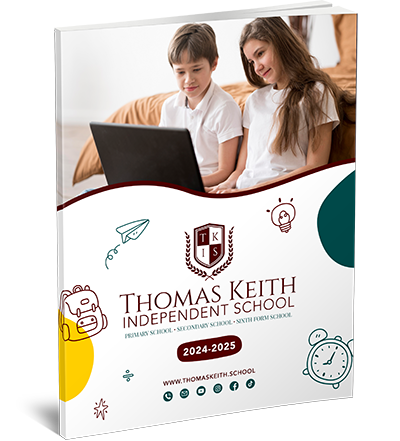LKS2 Reading Comprehension
LKS2 Reading Comprehension
Reading comprehension at the Lower Key Stage 2 (LKS2) level is essential for building a strong foundation in literacy. Children typically aged 7 to 9 develop their ability to understand texts, infer meaning, and form connections between ideas. This stage is crucial for fostering a love for reading and preparing students for higher levels of education.
What is Reading Comprehension in LKS2?
Reading comprehension is the ability to read a text, understand its meaning, and answer questions based on the information provided. At the LKS2 level, this involves:
- Understanding Vocabulary: Children learn to interpret unfamiliar words using context clues.
- Inferring Meaning: Students read between the lines to grasp implicit information.
- Summarising Content: Children identify the main ideas in a passage and summarise them.
- Answering Questions: Students respond to comprehension questions, which test their understanding of the text.
![]()
Key Strategies for Improving LKS2 Reading Comprehension
- Daily Reading Practice
Encourage children to read a variety of texts daily, including stories, non-fiction, and poetry. This broadens their vocabulary and exposes them to different writing styles. - Question and Answer Sessions
After reading, ask specific questions about the text to check understanding. For example:- What happened in the story?
- Why did the character behave that way?
- Focus on Vocabulary
Highlight new or challenging words and discuss their meanings. Using these words in sentences helps reinforce learning. - Interactive Activities
Use activities like role-playing, storytelling, or drawing to help children connect with the text and express their understanding creatively. - Regular Assessments
Simple quizzes or tasks based on reading passages can help track progress and identify areas where additional support may be needed.
Example of Online Support: Thomas Keith Online Independent School
Thomas Keith Online Independent School provides flexible and engaging learning opportunities for LKS2 students. The school integrates reading comprehension into its curriculum through interactive lessons, digital libraries, and expert-led sessions. By offering personalised feedback and structured activities, students can progress at their own pace, ensuring a thorough understanding of key concepts.
Tips for Parents and Educators
- Create a Reading-Friendly Environment: Provide a quiet space and a variety of books suitable for LKS2 readers.
- Model Good Reading Habits: Read alongside children to demonstrate fluency and expression.
- Celebrate Achievements: Praise children when they grasp difficult ideas or answer comprehension questions correctly.
![]()
FAQs
1. What types of texts are best for LKS2 students?
Stories, non-fiction articles, and poetry are all excellent choices for this age group. They provide a balance of entertainment and learning opportunities.
2. How much time should children spend on reading comprehension?
A daily session of 20–30 minutes is ideal, with additional time for discussing the text and answering questions.
3. Can online schools support reading comprehension?
Yes, online schools like Thomas Keith Online Independent School provide structured, interactive resources that enhance children’s understanding and engagement.




